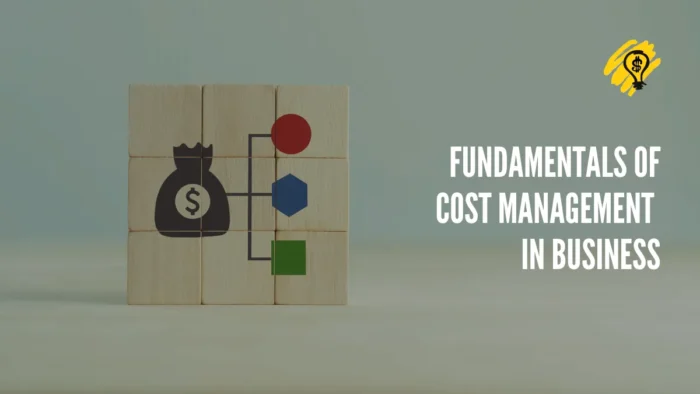Cost management is integral to a business’s success. It involves planning and controlling a budget to ensure you can manage all daily operations and projects in a financially viable way. However, not all business owners understand the fundamentals of cost management, even though it can be crucial for achieving your goals.
If you want to get a head-start on cost management, you might like to familiarize yourself with these fundamentals:
Research and Cost Identification
Research and cost identification are integral to understanding cost management in business. You must know the intricacies of your industry to understand how the costs are determined. When you better understand how expenses are calculated, you may find it easier to form a plan for their management.
However, not all business owners understand how the research process works. Often, it requires outside help. For example, insurance companies involved in demystifying drug pricing in workers’ compensation may reach out to healthcare service providers to understand the key market segments driving pharmaceutical expenditure: specialty drug market, compounding, and physician dispensing. They can make informed decisions about managing their future costs when they get this information. Cost identification goes hand in hand with research. You must determine the costs linked to your goods and services, like raw materials, labor, utilities, and rent.
Cost Reduction
If you want better knowledge of cost management in your business, focus on cost reduction. This involves looking at different ways to cut costs and finding cost-effective ways to produce the same goods and services without affecting quality or customer service. Fortunately, there are many straightforward ways to implement cost reduction in your business, such as:
- Use new technology to save time
- Create a budget
- Prioritize time management
- Consider relocation
- Buy refurbished equipment
- Lease equipment instead of buying it
Cost Benchmarking
You know how much things cost in your business, but you might not know how much your competitors pay and their everyday expenditure. Cost benchmarking is a core part of cost management in business. It involves comparing your company’s expenses with your competitors or industry benchmarks. Doing so might help you identify weaknesses and implement steps to improve them.
Risk Management
Cost management isn’t just about managing your costs, reducing them, and ensuring you have the income to cover them. It’s also about identifying risks that might impact your expenses in the future and managing any cost increases or revenue reductions.
That’s where risk management comes in. Create a plan for identifying and alleviating any potential cost-impacting risks. You can also create contingency plans to manage possible financial changes you weren’t expecting.
Cost Controls
Cost controls are budgetary controls to help you identify and reduce your business expenses to increase profit. These controls can act as a guide to stop you from spending more than your business can comfortably afford on particular parts of your business.
There is a great deal of monitoring and analysis involved in cost controls. While time-consuming, making cost controls your focus can help you learn where you’re spending too much so you can make necessary changes.
Understanding cost management can often be integral to business success. Without managing your costs, you risk spending more than you earn and not experiencing long-term business success. Learn more about these core components of cost management above, and you might better understand the costs you’ll face now and in the future and how to manage them.





